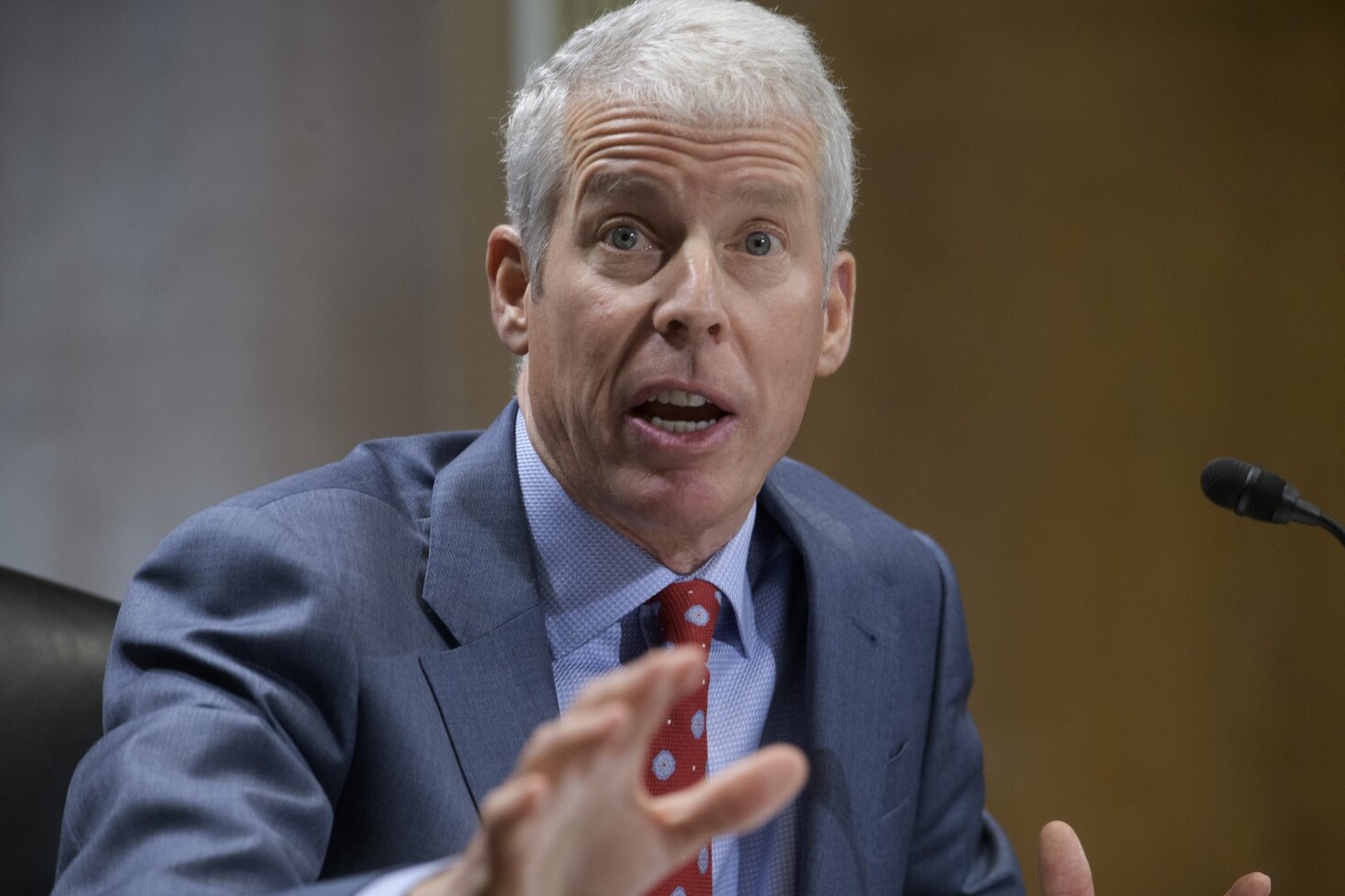Chris Wright has officially been confirmed as President Trump’s Secretary of Energy, with the Senate approving his nomination by a vote of 59-38. A seasoned energy executive, Wright has led Liberty Energy Inc. as its CEO since 2011. His extensive experience in the energy sector makes him well-suited to drive forward the administration’s pro-drilling policies, with a clear focus on increasing domestic energy production and bolstering the country’s energy independence.
In his new role, Wright is expected to play a key role in shaping the future of U.S. energy policy, especially in the context of the ongoing debate over fossil fuels, renewable energy, and energy security. Wright’s confirmation comes at a critical time, as President Trump has been vocal about his desire to return the nation to a more traditional energy approach, one that emphasizes drilling, fossil fuels, and deregulation. As someone who has worked in the oil and gas industry for decades, Wright is seen as a strong advocate for policies that prioritize the expansion of energy exploration and production across the country.
Wright’s leadership at Liberty Energy, an oil and gas company known for its hydraulic fracturing services, has given him a deep understanding of the energy sector. He is familiar with the complexities of drilling operations and has been involved in numerous initiatives to increase the efficiency and environmental sustainability of energy extraction. His experience in the private sector will likely inform his approach as Secretary of Energy, where he will have to navigate the challenges of balancing industry growth with environmental concerns.
On his first day as Secretary of Energy, Wright wasted no time in aligning himself with President Trump’s energy agenda. In a move that signaled his intent to roll back policies put in place by the previous administration, Wright declared an “energy emergency” and took immediate steps to reverse several key measures from the Biden administration. Among the most significant changes was the lifting of the pause on LNG (liquefied natural gas) exports, a move that is expected to benefit U.S. producers by opening up new markets and increasing exports of the nation’s natural gas resources. This decision is also seen as a strategic response to the growing demand for natural gas globally, particularly in Europe and Asia, where U.S. LNG could help reduce dependence on other suppliers, such as Russia.
The lifting of the LNG export pause marks a dramatic shift in U.S. energy policy, one that aligns with President Trump’s vision of increasing domestic production while ensuring that American resources can be sold abroad to benefit the nation’s economy. By removing restrictions on LNG exports, Wright and the Trump administration aim to strengthen the United States’ position as a global energy superpower, while also addressing concerns about energy security in allied nations.
This aggressive stance on energy production is expected to set the tone for Wright’s tenure as Secretary of Energy. In addition to promoting increased fossil fuel production, Wright is likely to oversee efforts to streamline regulations that many in the energy industry view as burdensome. By reducing bureaucratic obstacles and rolling back restrictions on drilling and exploration, the Trump administration hopes to encourage more investment in the energy sector, leading to the creation of jobs and boosting the nation’s energy production capacity.
Wright’s confirmation and his first-day actions demonstrate a clear commitment to implementing the Trump administration’s energy agenda. His approach to energy policy is expected to prioritize job creation, deregulation, and a return to more traditional energy sources. However, his policies are likely to face significant opposition from environmental groups, who argue that increasing fossil fuel production will exacerbate climate change and environmental degradation. The confirmation of Chris Wright as Secretary of Energy is likely to spark continued debates over the future of energy in the United States, as the nation grapples with balancing economic growth with environmental responsibility.
In sum, Chris Wright’s confirmation as Secretary of Energy underscores the Trump administration’s unwavering commitment to advancing an energy agenda centered on increased fossil fuel production and deregulation. With his background in the energy sector, Wright is poised to be a strong advocate for policies that prioritize domestic energy production, job creation, and the expansion of U.S. exports. As the nation moves forward under Wright’s leadership, the energy debate is sure to remain at the forefront of national discourse, with competing visions for the future of America’s energy landscape.
